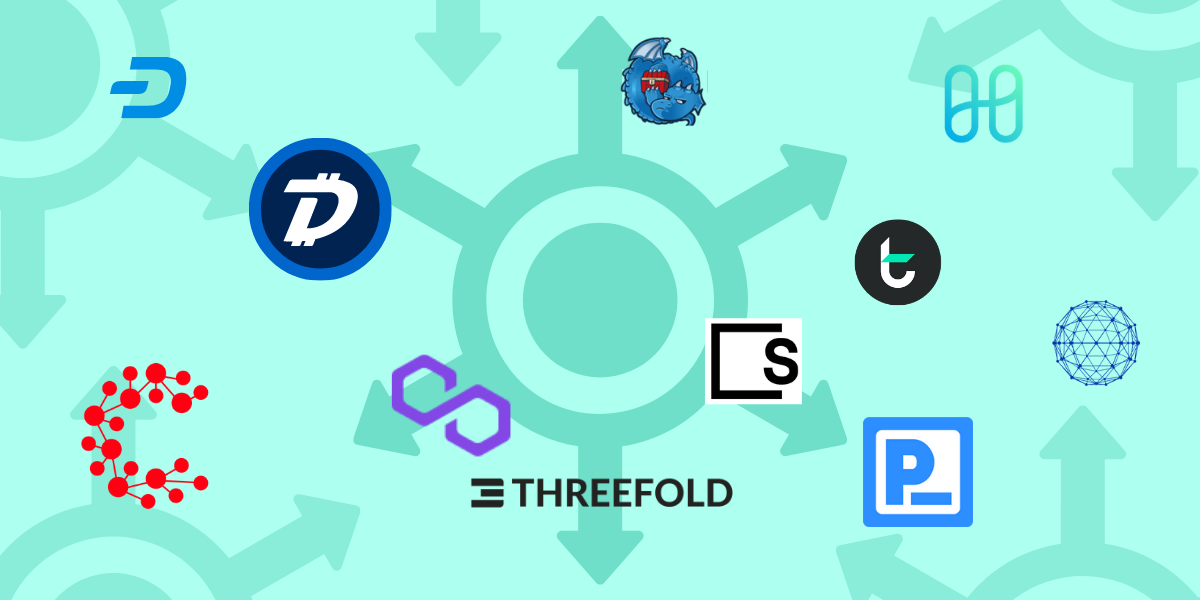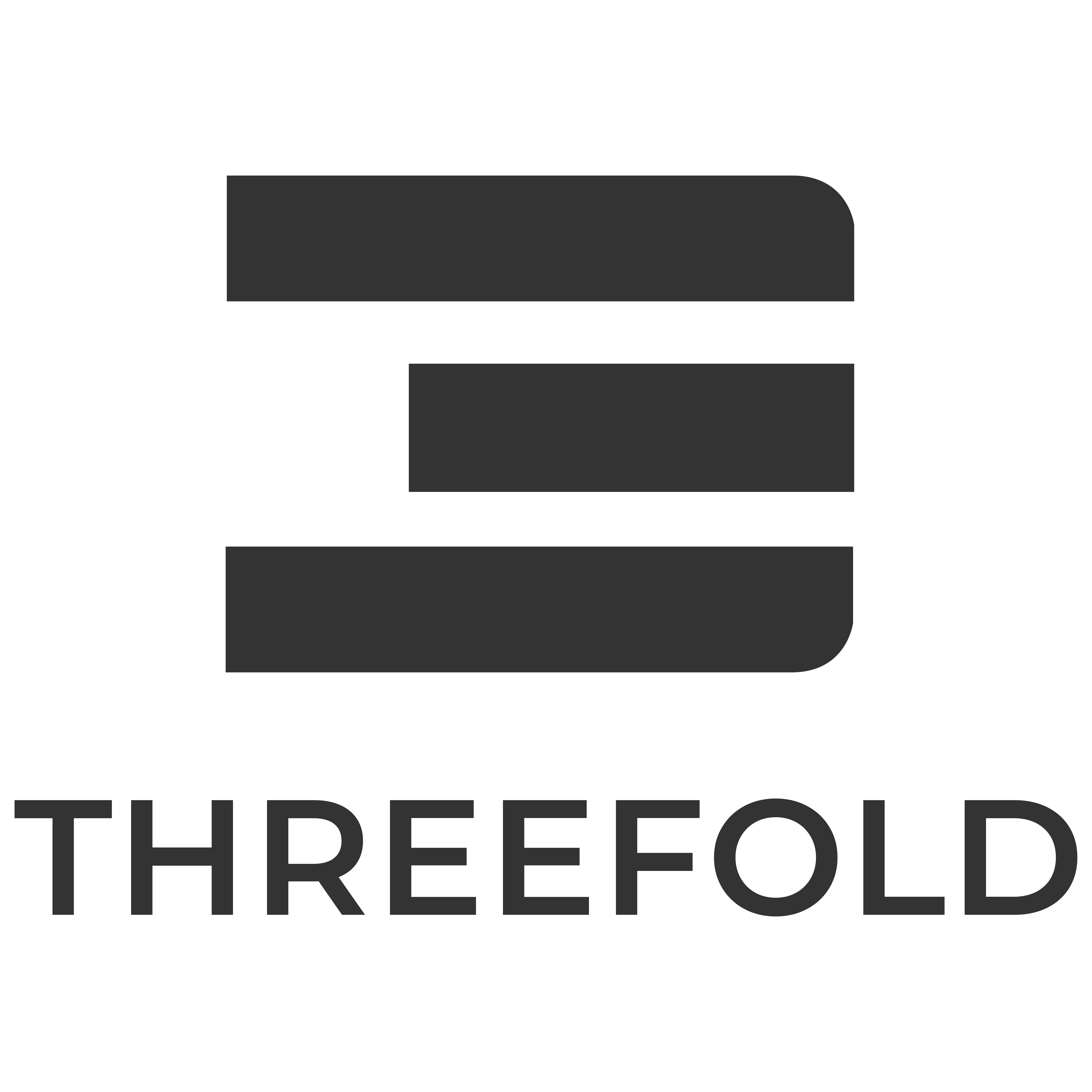How ThreeFold Can Truly Decentralize Blockchain
Is a blockchain truly decentralized if it is being hosted on a centralized solution? We say, no.

The topic of decentralization is commonly tied to blockchain and cryptocurrencies. Blockchain doesn’t store any of its information in a central location, rather it is copied and spread across a network of computers. And the most popular name in the blockchain space, Bitcoin, was intended as an alternative payment system free of central control.
But many blockchains are facing the same challenge: How can they escape the monopolies of centralized cloud providers for their own workloads, as well as for the dApps built on top of them? The key question is, is a blockchain truly decentralized if it is being hosted on a centralized solution? We say: no.
An example to illustrate this challenge is the fact that up to 60% of Ethereum (the world’s second most-popular blockchain) nodes run on centralized cloud providers and 25% of them run on Amazon Web Services (AWS).
While the topic is being addressed, it isn’t being solved at scale. The good news is that ThreeFold can play a large part in solving it.
🔗Why should blockchains make this move?
The blockchain movement, as mentioned, is very heavily tied to the movement around decentralization. Cryptocurrencies represent the move away from centralized banks as the authorities and gatekeepers around money – just as ThreeFold and similar projects represent the move away from centralized clouds as the authorities and gatekeepers around data. The thing is, if blockchains are to rely on centralized cloud for hosting, they aren’t truly embodying decentralization.
Understandably, many blockchains have chosen centralized cloud providers in the past because there wasn’t much of an alternative. But now, the Decentralized Cloud (DeCloud) movement has changed all of that.
Here is how some specific audiences can benefit:
🔗For Node Operators
Any full node or validator node can run on ThreeFold’s Peer-to-Peer (P2P) Cloud, making that particular Blockchain even more community-owned, and more decentralized from an IT/cloud level. Any node operator can choose to run their nodes from any farmer location on the ThreeFold Grid, totally peer-to-peer between the chosen farmer and the node operator. The deployed workloads are computed in a P2P manner, no middle party involved.
🔗For dApp Developers
Web3/Blockchain developers can use ThreeFold’s P2P Cloud - offering both compute and storage - to build and power their applications in a truly decentralized cloud infrastructure, both blockchain-native and cloud-native. A strong advantage here is that developers have the ability to leverage Kubernetes, Docker, S3, and other cloud-native tools (all compatible / integrated with the ThreeFold) to power and optimize their data processing capabilities, as well as the overall functionality of their dApps. But the sweet spot is that it is deployed on a decentralized IT infrastructure, close to where users would be located.
🔗But why choose ThreeFold over other DeCloud projects?
There may be bigger names in the space, but ThreeFold’s technology and offerings are much more comprehensive than the rest. ThreeFold provides decentralized storage, compute, and network all under one roof (whereas most other projects offer only one of the three) and as mentioned, we have created an environment for developers which is highly-compatible to the developer tools and solutions they use today. Further, ThreeFold is building new infrastructure from the ground up (rather than relying on extra space in data centers) and the technology is truly peer-to-peer.
We already have a number of partners in the space who recognize these advantages.
Any blockchain protocol or dApp, whether operating DeFi, NFTs, DEXs, etc, will at some point need to leverage the power of the decentralized cloud and escape from centralized cloud providers. We’re seeing some of that adoption from a decentralized storage side with IPFS, which has been adopted by many dApps, and others – but as a developer, you will have to think twice, not just about where your/your users’ data is being stored, but also about how (and where) your app is computed and powered.
Participate now in our quest to fully decentralize the Internet by becoming a node on our grid or buying TFT.


